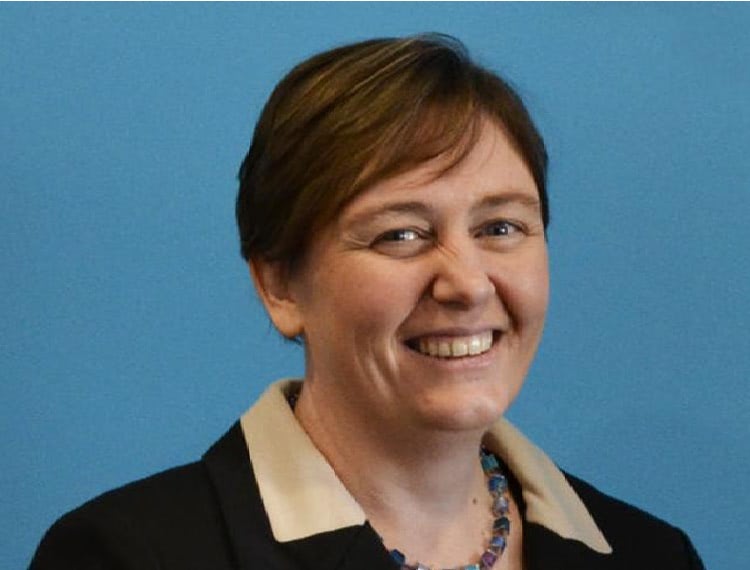We aim to educate and train the next generation of technicians, engineers and industrial innovators

UTC Reading, a University Technical College that delivers computer science and engineering excellence aims to spread a better understanding of the currently over-complex system which makes it hard for young people to understand the skills they need to secure employment. For those who aren’t aware, UTC’s are government-funded schools that offer 14–19 year olds technical and scientific subjects in a whole new way. Essentially, they are the gateway to educating the inventors, engineers, scientists and technicians of tomorrow. The current shortage of technicians and the 400,000 strong 16-24 unemployed are a perfect catalyst for the promotion of UTC’s. Furthermore, these advanced technical skills are necessary for us to prosper in the 21st century, particularly on the tail end of Brexit, which has made it even more important that we develop the skills we need to remain globally competitive.
The Sainsbury’s Report published this summer outlines what needs to be done to improve the quality of technical education in England and how to ensure the new system provides the skills most needed for the 21st century. However, in education systems elsewhere in the world a central feature is a well-understood national system of qualifications that works in the marketplace and works for industry. Young people will only work hard to get a qualification, and value it highly when they get it, if employers when recruiting give priority to individuals who possess it. Yet, in the UK the understanding and drive to achieve this same pathway has been lacking. Joanne Harper, the principal of UTC Reading finds it difficult to believe that none of these young people have the ability and motivation to train as technicians if given good opportunities to do so. She feels that up until very recently there has been much scepticism about the need for UTCs, but today it has been proven that University Technical Colleges help young people not only specialise but understand more clearly how they can use their qualifications in industry.
The report also looks at how with industry input, the government can design a system that provides young people with clear educational routes which lead to employment in specific occupations, while at the same time clearly and simply providing career advisers with what they need to explain to young people what options they have. With the current levels of youth unemployment, it is important to implement this idea in the heads of school goers, so that both the technical industry and unemployment will benefit. At current, there are 39 UTCs around the country and over 50 will have opened by 2018, showing a steady increase. Reading UTC firmly believe that specialisation will become more prominent in schools and FE colleges moving forward. However, there is still a need for a more clear and transparent technical route to lead to specific occupation employment, which can be easily explained by careers advisors. Currently there are 13,000 qualifications available to young people, many of them of little value, which makes career guidance extremely difficult.
Joanne Harper, Principal, UTC Reading












Responses